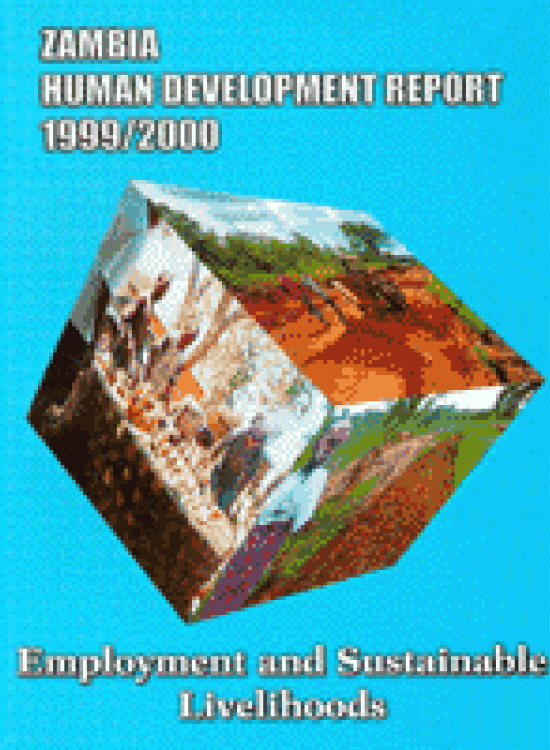Employment and Sustainable Livelihoods Zambia

Citation
Vinetta Robinson - Coordinator , Dennis Chiwele - Consultant , Cosmos Musumali - Consultant , Venkatesh Seshemani - Consultant. 2000. Employment and Sustainable Livelihoods Zambia. New York.
Employment and Sustainable Livelihoods Zambia
Posted on: January 01, 2000
The Report looks at human development in Zambia from the perspective of employment and sustainable livelihoods. The Report analyses the state of human deprivation in the country, finding that the most basic deprivation is with respect to access to food. In Zambia the average percentage of income a household is forced to spend on food rose from 53.4 % in 1996 to 59% in 1998, demonstrating the increasing difficulties Zambians experience in feeding their families. Arguing that generating employment and sustainable livelihoods is necessary for furthering human development, the Report assesses the country's available resources in terms of human, economic, social, natural and physical capital. The Report finds that although these resources are huge, there are many constraints to realizing existing potential, not least the impact of HIV/AIDS.
The Report concludes with a number of detailed policy recommendations for increasing employment opportunities, including enhancing stakeholders' participation, raising Zambia's human capital status, combating HIV/AIDS and ensuring appropriate utilization of resources.